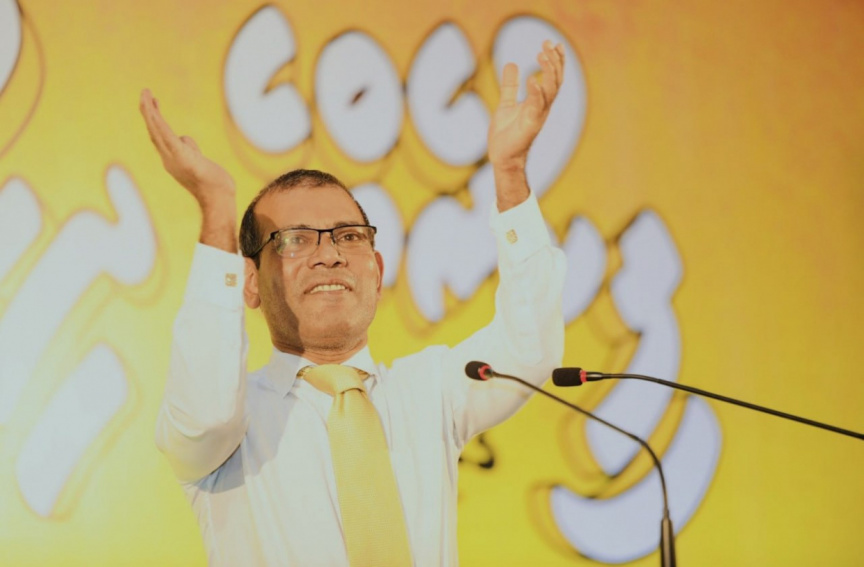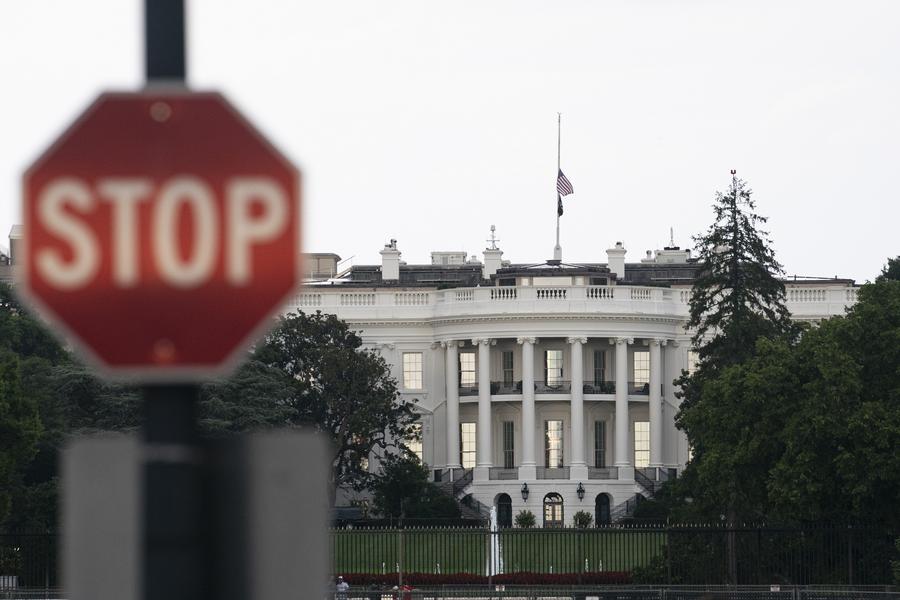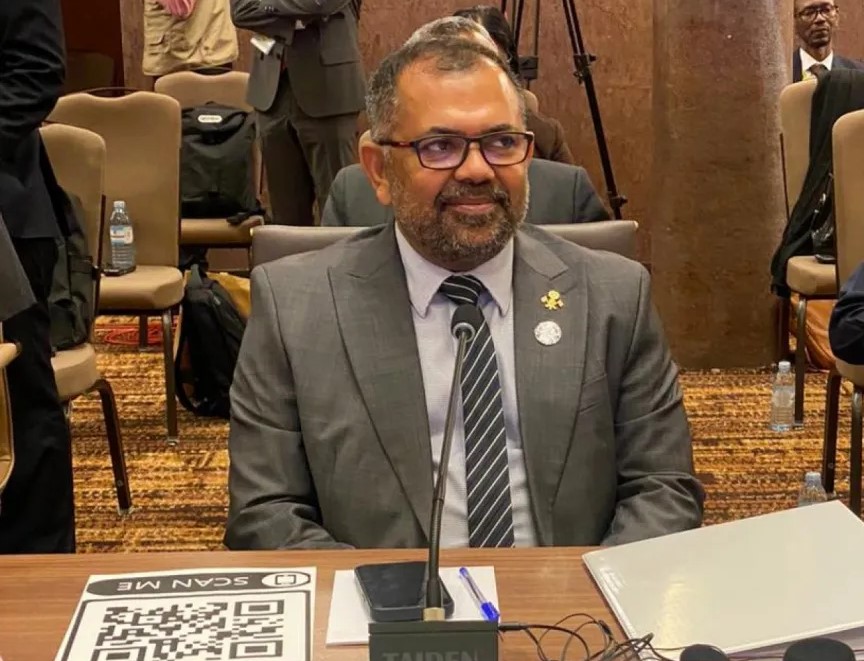Anyone familiar with U.S. history knows that Washington’s foreign and economic policies are often crafted to serve its own interests at the expense of others.
BEIJING, April 19 (Xinhua) — Beneath Washington’s veneer of lofty ideals and grandiose phrases championing economic globalization and free market principles lies a stark truth: These professed ideals serve merely as a convenient cover for its relentless pursuit of hegemony.
While concerns mount over U.S. government intrusions in business, such as the attempted forced sale of TikTok and the blocking of a Japanese firm’s takeover bid for U.S. Steel, anyone familiar with U.S. history knows that Washington’s foreign and economic policies are often crafted to serve its own interests at the expense of others.
Washington’s political elites denounced Donald Trump’s four years in office as a departure from the United States’ self-proclaimed role of “leading the world.” Though they spurned his “America First” banner like a pestilence, it embodies Washington’s approach to conducting business.
One such example is the Monroe Doctrine of 1823, which aimed to prevent European powers from interfering in the affairs of the Western Hemisphere. While framed as a policy to protect the sovereignty of newly independent Latin American nations, it only served to advance U.S. hegemony in the region.
Regarding trade, protectionist measures such as tariffs and trade barriers have been utilized throughout U.S. history to shield domestic industries and promote economic growth. For instance, the Smoot-Hawley Tariff Act of 1930 increased U.S. tariffs on agricultural imports and more than 20,000 imported goods and stifled global trade.
While the Trump administration was unabashed on its protectionist stance, the current U.S. administration has adopted a more covert but essentially similar approach, leveraging the concept of national security for its agenda.
The Biden administration’s relentless pursuit of weaponizing technology and economic matters against China, coupled with the U.S. campaigns of “de-risking” and “de-coupling” from China, also exposes Washington’s glaring hypocrisy in maintaining its hegemony.
Despite its longstanding rhetoric of advocating “free trade” in sectors where the U.S. holds dominance, Washington conveniently wields protectionist measures under the guise of national security in areas where its supremacy is challenged.
From using coercive tactics such as the Plaza Accord to counter Japan’s economic influence to implementing measures like extraterritorial jurisdiction to dismantle iconic French manufacturing company Alstom and continually finding pretexts to hurt competitive Chinese high-tech enterprises, Washington has long indulged in “dressed-up protectionism,” quickly abandoning the very free market principles it has professed to uphold.
These U.S. maneuvers reveal Washington’s adeptness at exploiting the so-called rules-based global order, which it helped establish, to serve its interests while brazenly advocating the law of the jungle wherein actions like plunder, deceit, coercion, extortion or even violent conquest are condoned.
By employing tactics reminiscent of a bygone era of colonialism and unchecked imperialism, the United States undermines the very foundations of the global order it claims to champion. The world cannot afford to ignore this ugly truth about Washington.
Source(s): Xinhua

 News5 days ago
News5 days ago
 World6 days ago
World6 days ago
 News2 days ago
News2 days ago
 World6 days ago
World6 days ago
 Travel & Culture4 days ago
Travel & Culture4 days ago
 Sports3 days ago
Sports3 days ago
 News4 days ago
News4 days ago
 Travel & Culture3 days ago
Travel & Culture3 days ago


















